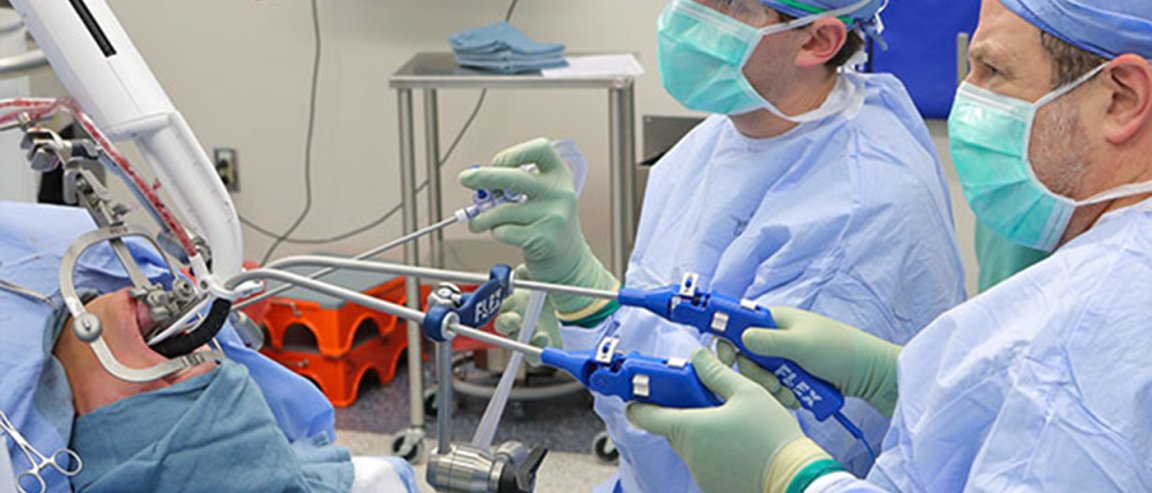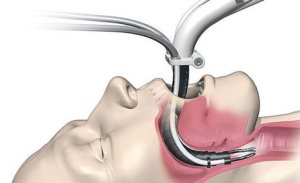
It’s the year 2016: looking past the more-than-interesting affairs in all things television, Hollywood, and politics; we have come quite far in our pursuit to emulate life through circuitry. With that said, we see robots infiltrating some intimate aspects of our lives—whether it be building our homes, giving us a helping hand at the grocery store, or just accompanying us when we’re lonely. However, even with all this progress, we might be a little reticent to invite robots into our operating rooms.
Approving the Clinical Cobra

We might even be especially hesitant in this case, as Medrobotics, a private surgical robotics company, has unveiled a new surgical tool that can only be described as a ‘snake-like bot’ that glides into orifices. Now before that uncomfortable feeling sets into the pit of your stomach, rest assured that technologies such as the Flex Robotics System are actually quite revolutionary.
What’s interesting is that the Flex system enables surgeons to utilize a joystick and camera interface to access points of a patient’s anatomy that would have otherwise only been accessible through invasive procedures. This makes the procedures easier for both patients and physicians.
In fact, the technology met the U.S. Drug and Administration’s approval as a surgical instrument only several years after its inception. The team had to prove that the tech was “dumb” enough to allow the operating surgeon full autonomy of the device.
Surgeons Give the Conditional Okay to Robots
Surgeons such as Dr. David Goldenberg, director of otolaryngology surgery at the Penn State Hershey Medical Center, feel that the device is “the future of head and neck surgery.” He extols the device for its convenience in the operating room, all while making it clear that the FDA is correct in its definitive stance on “dumb” technology in surgery.
Goldenberg believes that surgery requires “judgement, morals, and ethics,” something that robots do not possess. Therefore, the use of artificial intelligence would prove to be a hindrance in case-by-case scenarios that often arise in complicated surgeries.
Although, many roboticists disagree—as they aim to manufacture a bot that will herald the end-of-days for human surgeons. Rest assured, however, we are many years away from building a robot that fits Goldenberg’s requirement of quick thinking and impromptu judgements. Even after we reach that point, it would take even more time for the contraption to transition from the lab to clinic.
The Flex System is one of the many stepping stones into a future of medicine brimming with hope, as the 21st century has much to offer and we have more to see.
Take a look at these bad boys for yourself:
https://www.youtube.com/watch?time_continue=209&v=umllY6lBygc